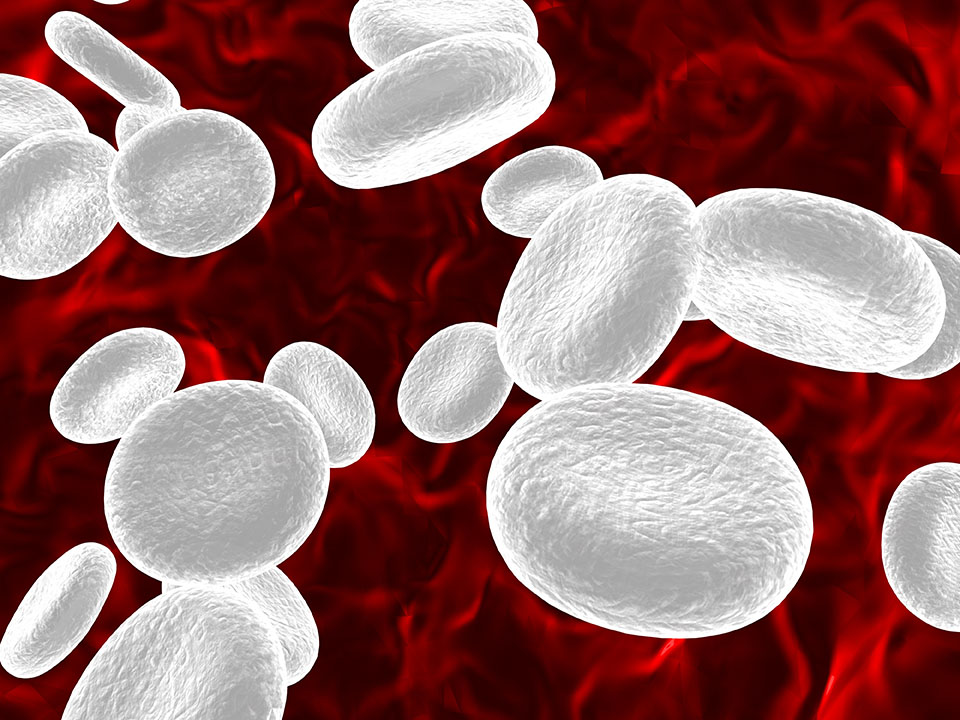

White blood cells are the body's soldiers. They fight off infection and disease. There are many different types of white blood cells, but they all have one thing in common: they are made in the bone marrow.
White blood cells are very small, but they are very important. They travel through the blood and lymph system, looking for germs and other invaders. When they find an invader, they surround it and attack it.
White blood cells are important for keeping us healthy. They help us fight off infections, like colds and the flu. They also help us fight off diseases, like cancer.
White blood cells help the body fight infection.

Noun: a type of blood cell that helps the body fight infection and disease.
Adjective: relating to white blood cells.
The word "white blood cells" comes from the combination of the words "white" and "blood cells".
The word "white" comes from the Old English word "hwīt", which means "white".
The word "blood cells" comes from the Old English word "blōd", which means "blood".
The first recorded use of the phrase "white blood cells" was in the 17th century.
What do white blood cells do?